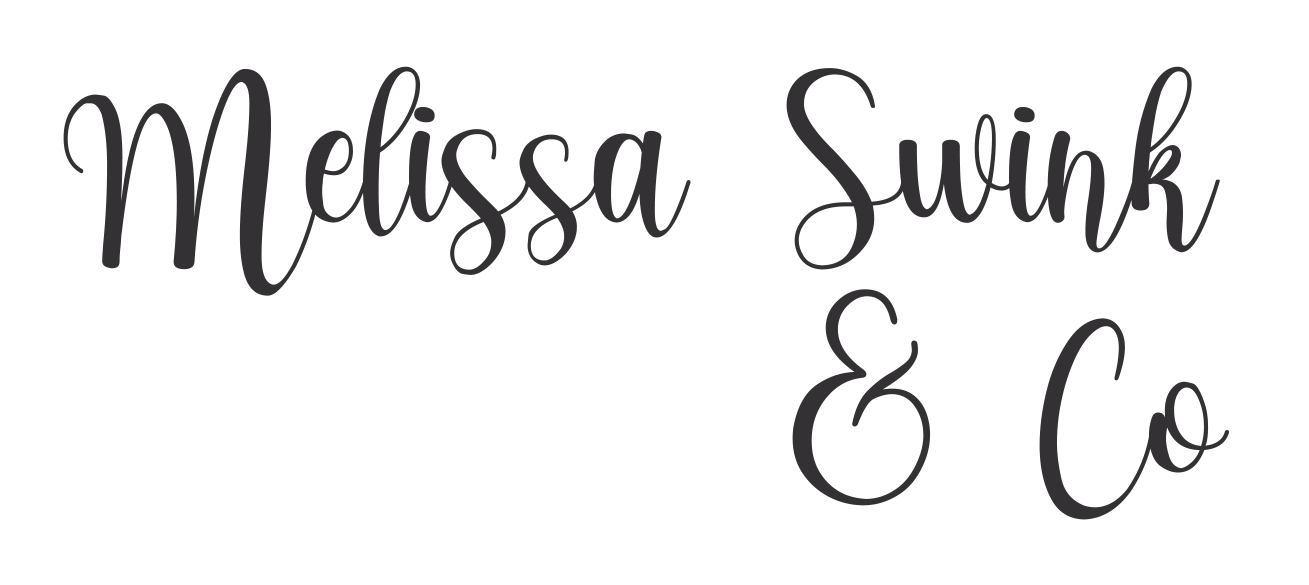Your Virtual Assistant Isn't Magic (But Here's How to Make the Magic Happen)
IN A HURRY? HERE’S THE BOTTOM LINE
What’s it really like to work with a virtual assistant? You should know that VAs are professional business owners, not side-hustlers. It takes at least a month, if not longer, to build a solid VA-client relationship. Plus, VAs need solid communication and training in order to deliver the amazing results you expect (and deserve!)
GOT A MINUTE? HERE ARE THE DETAILS TO CONSIDER
What is it actually like to work as a virtual assistant?
You might be imagining someone working on a beach somewhere, sipping a Mai Tai while typing on their computer. While I’m sure that’s the reality for some VAs out there (more power to you!) many of us are working parents, squeezing in responsibilities between bus drop-offs and pickups.
Today’s topic is intended to help you maximize your working relationship with a virtual assistant. You’ll learn how virtual assistants support various clients in different industries and what they need from you to be successful.
Virtual Assistants Provide Professional Services
It’s important to understand that the administrative services your VA is providing are their job. This is not a side hustle or hobby. This isn’t just something they’re doing to pick up extra work.
When discussing what VAs do, people often say things like, “I had someone down the street help me,” or “I worked with someone who fizzled out.” That's very different from how my team approaches being a VA. This is our job, and we’re committed to it. We want long-term commitment.
That means there are professional parameters and expectations. If a VA has contracts, invoicing, payments, and deadlines, don’t be put off. If your VA approaches their work as their business and career, it will result in better services for you.
I often call this the “container” of working together. The “container” is the contract and the boundaries on the VA’s availability. Remember, this is how we provide for our families. While we develop personal relationships with clients, ultimately, it's still a job. We maintain professional parameters around communication and timing to keep everything running smoothly.
Here’s something else that’s important to know: You are not your VA's only client! It’s healthy for your VA to have multiple streams of income besides just you. Rest assured that they will maintain confidentiality while building their skills and learning best practices that they can apply to your business, too.
Virtual Assistants Take Time to Train
Just like the title of this blog, it’s important to know that your VA is not magic. We work with a wide range of clients in many different industries. We often hear from clients: “My VA has transformed my business!” but that doesn’t happen overnight! It takes at least a month - often several months - to develop a good rhythm.
When you start working with a VA, it takes significant effort on both sides to get the relationship going. The first 90 days reveal a lot about workflows and needs. For example, transitioning from manual systems to automated ones takes time and involves many steps, even when your VA has a lot of expertise.
That’s why we often start with the most immediate tasks and projects and ask our clients to maintain a “back burner” list as well. This is the list that we’ll get to once we have more time. With VA support, you can tackle these additional projects like launching websites or increasing speaking engagements, when time permits and you have the more pressing work under control.
Virtual Assistants Must Build Technical Skills
Regarding technical skills, while your VA might not be trained on every system under the sun, they may have worked in similar systems and can do research into what you need them to do. On our team, we are always honest about our capabilities and will leverage team knowledge when needed.
Also, one person can't do everything. Be wary of VAs claiming expertise in everything from graphic design to bookkeeping to marketing! Good VAs know their limits and offer solutions through referrals when needed. For instance, we can create simple Canva graphics but refer to specialists for complex design work.
Virtual Assistants Thrive on Communication
VAs value constructive feedback and good communication with clients. We’ve learned that most issues can be resolved, but we need to know about your concerns in order to work through them! Remote work means lots of digital communication, so direct feedback is crucial.
Sometimes relationships end for positive reasons, like when a client grows enough to need full-time staff. We celebrate these successes. Process is crucial, and most frustrations come down to gaps in processes that can be easily fixed once identified.
Having a team means fresh perspectives and multiple solutions. When things don't work out, whether due to timezone conflicts or communication styles, it's okay to acknowledge that and make changes.
Ready to Transform Your VA Partnership?
Working with a virtual assistant is more than just delegating a task list. It’s about building a professional partnership that can transform your business and allow you to scale it beyond your wildest dreams. While it will certainly take time, clear communication, and mutual respect to develop this relationship, the payoff is well worth the effort.
Ready to take the next step? Book a discovery call to learn how we can support your goals!
